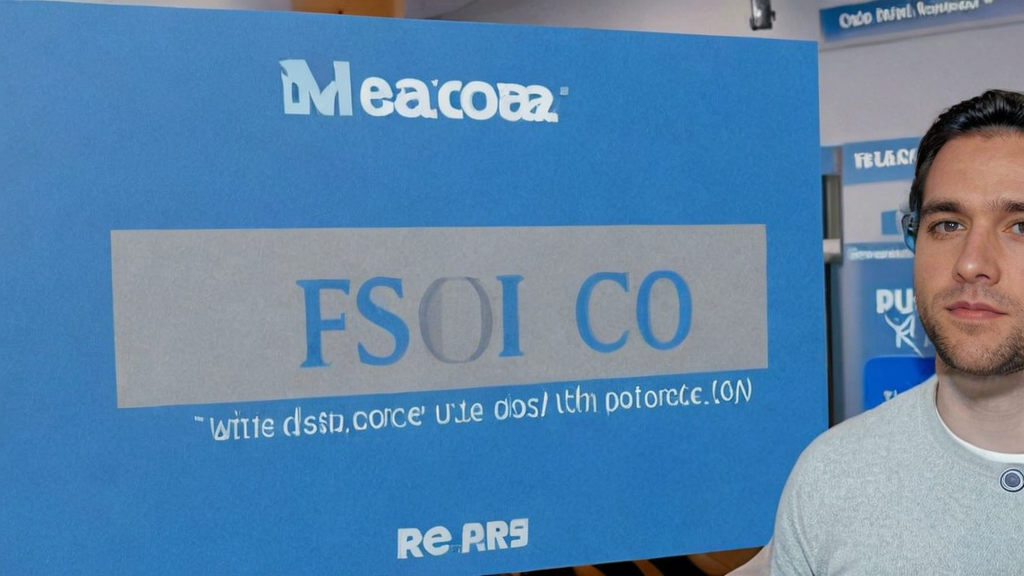The PP revalidates the absolute majority
With the scrutiny of this Sunday’s elections in Galicia practically closed, the Popular Party revalidates the absolute majority by reaching 40 deputies, after losing two.
Rise of the BNG and fall of the PSdeG-PSOE
The Galician Nationalist Bloc (BNG) soars to 25 acts in the Galician Parliament, gaining an increase of six deputies, mainly at the expense of the PSdeG-PSOE, which sinks to nine seats, five less than those it had obtained in 2020 elections.
New political actors in the Galician Parliament
Democràcia Ourensana, the party of the mayor of Ourense, Gonzalo Pérez Jácome, will make his debut in the Galician Parliament, with one seat, while neither VOX nor Sumar get representation.
Final results and expectations
The results, with 99.97% scrutinized and awaiting the scrutiny of the Census of Absent Residents (CERA) set for Monday of next week, February 26, and representing 17.7% of those called to vote in Galicia, with a total of 476,515 voters.
Variations in the different provinces
In the province of A Coruña, both PP and PSdeG lose one deputy and both places are taken by the BNG. In the demarcation of Lugo, the PP also loses a seat, which goes to the nationalists, while the socialists keep the same deputies they had obtained in 2020. In the province of Ourense, the conservatives keep the eight seats that they already had, while the PSdeG loses two deputies, one of whom goes to the BNG and another to Democracia Ourensana. In Pontevedra, while the PP retains the 11 seats it already had, the Socialists lose two that were taken by the Nationalists.


